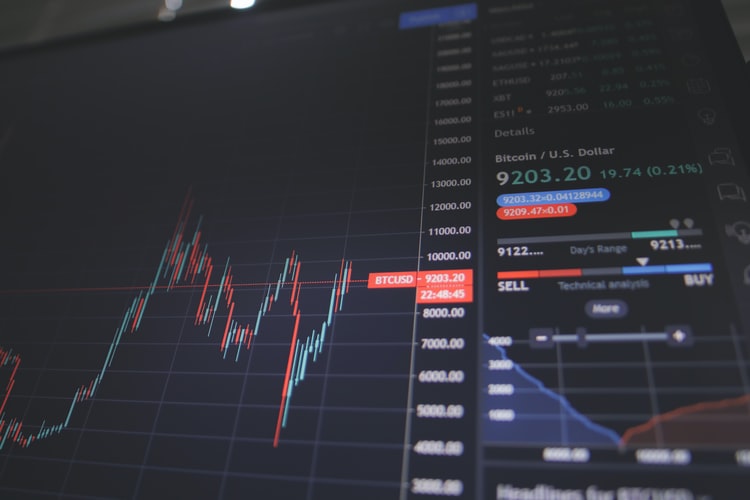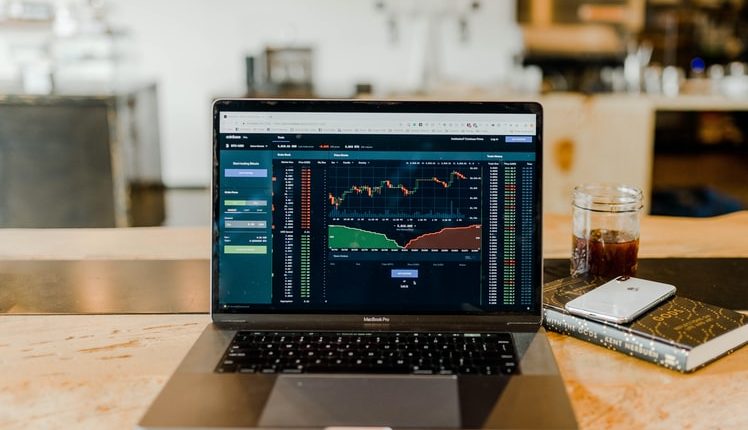With talk of ETF investments becoming ever more common in Taiwan, we take a look at what they are, how they work – and the pros and cons of ETF investments.
What is an ETF?
An exchange traded fund (ETF) is a pool of securities traded in an exchange.
ETF is essentially an open-end fund managed by fund managers, and can be traded like stocks throughout the day.
Most ETFs track an index, or benchmark, and try to replicate its performance.
One famous example of an ETF is SPDR S&P 500 ETF (SPY), which invests in a little part of every constituent company in the S&P 500 index.
ETFs come in various forms, and portfolios can contain assets such as stocks, futures, options and commodities.
The ETF price fluctuates in real time, along with shorting and longing of shares including in the basket place in the market.

Types of ETFs
- Bond ETFs: Provide exposure to bonds issued by a state authority; Treasury bills, notes, and municipal.
- Sector and industry ETFs: Provide exposure to a particular industry, such as oil, banking, or technology.
- Commodity ETFs: Track the price of a commodity, such as gold, crude oil, or crops.
- Currency ETFs: invest in foreign currencies such as the Euro or Canadian dollar.
- Inverse ETFs: Profit from stock declines or by shorting stocks. Shorting sells a stock, expecting a decline in value, and repurchasing it at a lower price.
- Market ETFs(Diversified passive equity ETFs): Track a particular index like the S&P 500 or NASDAQ.
- Active equity ETFs Active ETFs may offer the potential to outperform a market benchmark but may also carry greater risk and higher costs.
- Actively managed ETFs: Allow their managers to actively manage the fund by selecting investments, rather than passively tracking a benchmark index.
- Foreign market ETFs: Track non-US markets, such as Japan’s Nikkei Index or Hong Kong’s Hang Seng index.
ETF investors only have to do one transaction instead of buying various shares in the portfolio, lowering the commission costs.
Generally, trading ETFs incurs little cost as the frequency of trade lowers. Some brokers even offer no-commission trading for low-cost ETFs.

Advantages of ETFs
- Tax efficiency: Mutual fund managers may sometimes trade to achieve objectives, bringing more taxable gains in for shareholders. Whereas managers of index-based ETFs only make trades to match changes in their index.
- Low expenses: ETFs that are passively managed may have lower expenses than actively managed funds, the latter bear much higher risk and potentially higher return.
- Flexible trading: ETFs are traded at real-time prices and, throughout the day, investors can choose to long or short the shares of ETFs without limitations mutual funds impose.
- Diversification: By selecting an ETF to invest in, the investor can access various stocks, bonds, or other securities composed in the basket. In turn this lowers the risk of holding particular stocks.
Disadvantages of ETFs
- Trading costs: The trading flexibility of ETFs encourages frequent trading. It leads to higher trading costs and possible mistiming the market.
- Settlement dates: ETF sales are not settled for 2 days following a transaction; that means as the seller, your funds from an ETF sale aren’t technically available to reinvest for 2 days.
- Limited diversification: ETFs that focus on a single industry have greater risk of not offsetting the systematic risk in the market.
ETF trading has been a trend in recent years – and since artificial intelligence, machine learning and robo-investing have become household names, investing with mathematical models and statistics have started to gain investors’ trust.









